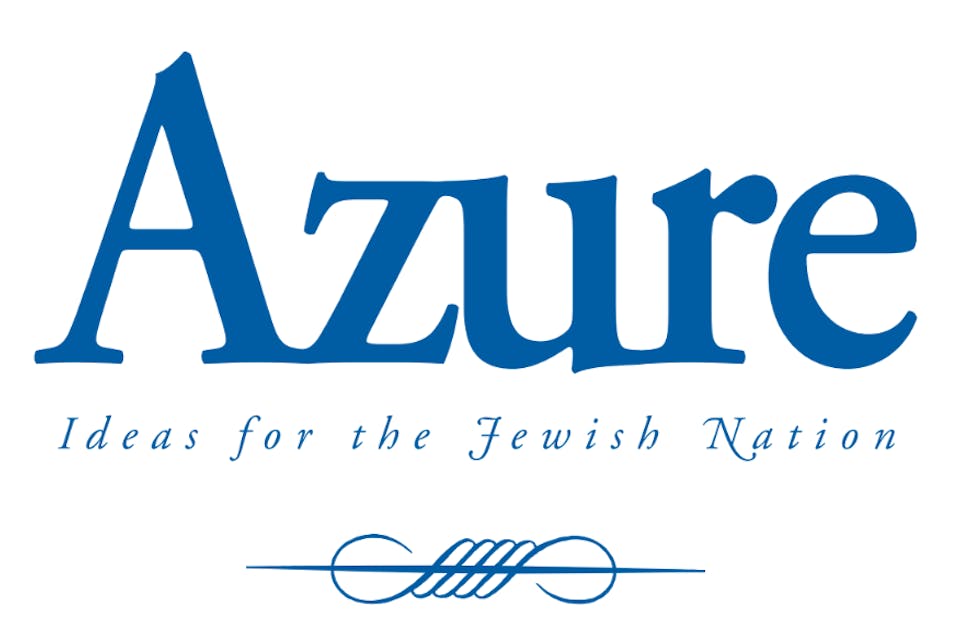
October 1, 1998
Global Pillage
Around the world, internationalism is on the move again–at the price of democracy.
I.
If all goes as planned, January 1, 1999 will mark the beginning of a new era in international politics. The adoption of a unified currency by eleven European nations will mean the creation of a new economic superpower, whose annual economic output will rival that of the United States, and whose monetary and trade policies will no longer be set by member states, but by a single, centralized European governing body. It is a step from which France, Germany and the other nations involved will be unable to return without great difficulty, one which will forever bind these nations, and those that follow, in a regional matrimony whose vows include not only the sharing of a single coin, but the eventual removal of all internal barriers to trade and migration, and a common policymaking on foreign and defense issues as wellׁheralding, in case you missed it, an effective end to national sovereignty in Europe.
Few intellectuals and public figures in Europe today lose sleep over the death of the nation-state. On the contrary, most have welcomed the unification of Europe as a great leap forward, and an inevitable one at that. Their reasoning goes something like this: The nation-state has failed to live up to the economic and political needs of a swiftly changing world which is giving way slowly but surely to a series of multinational associations, such as the European Union (EU) and the United Nations. And all this is a matter of necessity, due to the unstoppable market forces and technological developments (such as the Internet) sweeping the globe, which are transforming our basic notion of political and economic life into something completely different, something far more homogeneous than ever before.